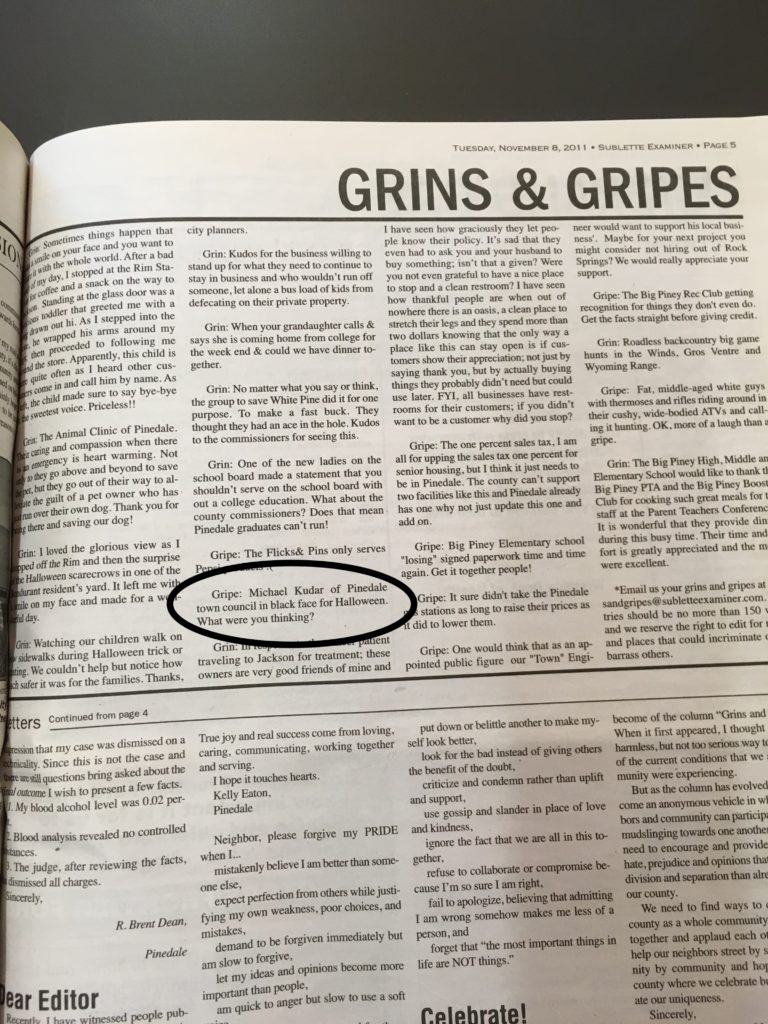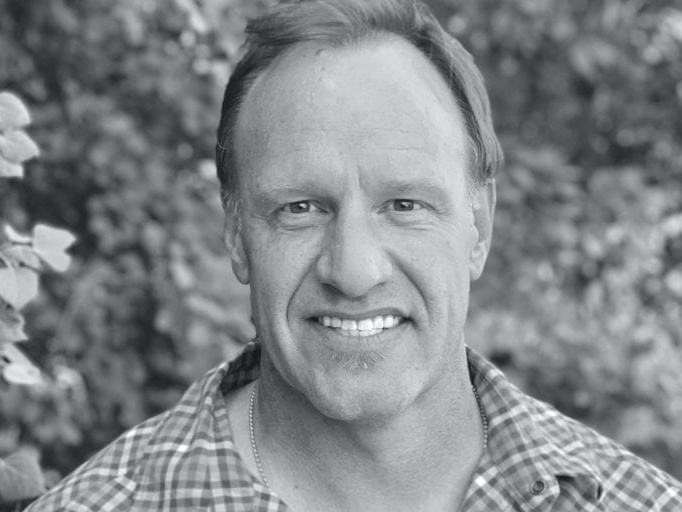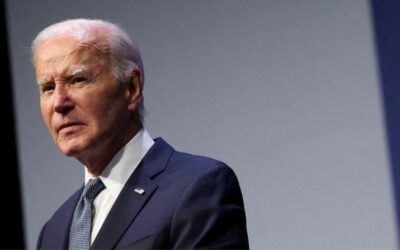Jackson mayoral candidate Michael Kudar says, “that was then, this is now.”
In 2011, a newspaper reporter with Pinedale’s Sublette Examiner chided Kudar for dressing in blackface for Halloween. Nine years later, with the election fast approaching, a person who wished to remain anonymous due to privacy concerns sent the column to KHOL.
“Michael Kudar of Pinedale town council in blackface for Halloween. What were you thinking?” reporter Samantha Luvisi wrote in “Grins and Gripes.”
Luvisi attended a Halloween party where she saw Kudar in blackface and was “quite shocked,” she said. “I was new to Wyoming and didn’t run in any circles that would do such a thing.”

In 2011, former Sublette Examiner reporter Samantha Luvisi was “quite shocked” when she saw then-Pinedale Town Councilor Michael Kudar donned in blackface. She aired her grievance in the paper’s November 8, 2011 issue.
Kudar declined an interview with KHOL. He did provide a statement via text message that he posted to his website Tuesday calling his Halloween costume “culturally inappropriate.”
“My mistake from years ago does not reflect the person I am today,” Kudar wrote. “I acknowledge the pain I may have caused and take full responsibility.”
But voters may not be forgiving. The incident took place less than 10 years ago. Though the nation had yet to erupt in protest over racism and police brutality as it did this summer, the history of blackface was no secret in 2011.
America—and Jackson—may be experiencing a moment of racial awareness in the wake of George Floyd’s death at the hands of police, but blackface minstrelsy has been linked to racist brutality since the days of Frederick Douglass. The famed abolitionist skewered minstrels in 1848, calling them “the filthy scum of white society.”
Blackface isn’t just about painting one’s skin darker or putting on a costume, said Heather Smith, executive director of the American Civil Liberties Union of Wyoming, North Dakota and South Dakota.
“It invokes a racist and painful history,” she said.
Blackface had its heyday in the mid-1800s when white entertainers would dress up as Black slaves to parody and degrade people of African descent.
David Roediger, a University of Kansas professor of history and African American studies, said that the white entertainers who donned blackface makeup and borrowed Black cultural forms were committing a type of theft. “They expressed contempt but also a certain expressive freedom associated with an image of African American life.”
Roediger is the author of numerous books about race and class, including The Wages of Whiteness and Colored White. He rejects the notion that someone could dress in blackface without knowing its white supremacist history. “One cannot check out blackface on the web, even to learn how to ‘black up’ physically without knowing its disgusting history.”
Still, public figures assert they were blind to blackface’s racist connotations. Canadian Prime Minister Justin Trudeau was roundly criticized when three separate images of him as a young man dressing in black or brownface surfaced in 2019. He issued a public apology saying, “Darkening your face, regardless of the context or the circumstances, is always unacceptable because of the racist history of blackface. I should have understood that then and I never should have done it.”
Contemporary entertainers have also faced scrutiny for blackface appearances. Tonight Show host Jimmy Fallon was called out this year for a 2000 performance in which he dressed in blackface to imitate the actor Chris Rock. Fallon apologized via Twitter and then expanded on his apology in a June 1 episode of his show.
“I realized the silence is the biggest crime that white guys like me and the rest of us are doing,” Fallon said. “I realized I need to get educated about how to stop the silence and the fear of saying the wrong thing by not being silent.”
Both Fallon and Trudeau were in their 20s when they appeared in blackface. Kudar was 39.
Confronting the Racial Divide
Pinedale Mayor Matt Murdock served on Pinedale Town Council with Kudar in 2014. He says he wasn’t aware of Kudar’s getup—at the time he was living in Africa.
Murdock acknowledged America’s racial awakening spurred by George Floyd’s death and the rise of the Black Lives Matter movement. “The racial divide and systemic racism are something we as white Americans need to be a lot more sensitive to.”
He said racial justice was not on white Americans’ radar screens 10 years ago the way it is now.
Still, folks like Smith say it has never been appropriate to dress in blackface. She noted that racist structures have long been propped up by false stereotypes and biases.
“Any act that perpetuates discrimination against communities of color is deeply problematic and should be scrutinized,” she said.
Racial diversity and awareness have surged locally, resulting in the formation this year of two nonprofit organizations focused on racial justice, Teton People of Color and Allies and the African American Latinx Multicultural Association.
Local advocate Matt Stech finds Kudar’s error in judgment to be sobering. Stech says Jackson needs leaders who recognize systemic racism and other injustice. “I question his capacity to be a leader who honors the diversity of our community,” Stech said.
Kudar’s opponent, Vice Mayor Hailey Morton Levinson, has similar concerns. She does not give Kudar a pass for his past mistake. In her opinion, blackface has always been demeaning and hurtful, and a way of reinforcing racial stereotypes.
“I would question the judgment of anyone who does that,” she said. “Especially someone who, at the time, was serving as an elected official.”
Kudar’s statement did not expressly reference racism or racial justice. He did, however, convey a commitment to “listen, learn, and grow.”
Some national public figures have suffered severe social “canceling” due to their blackface insensitivity. Talk show host Megyn Kelly’s NBC program Megyn Kelly Today was canceled in 2018 almost immediately after Kelly said on air that blackface was falling prey to the PC police. “Back when I was a kid, that was OK just as long as you were dressing as a character.”
Kelly apologized but her show did not resume.
Trudeau and Fallon, meanwhile, have retained their respective public roles. It’s unclear if Kudar’s apology will similarly keep him in good public stead.
[A previous version of this article stated the Sublette Examiner is no longer in operation. The newspaper is alive and well. -Ed]





